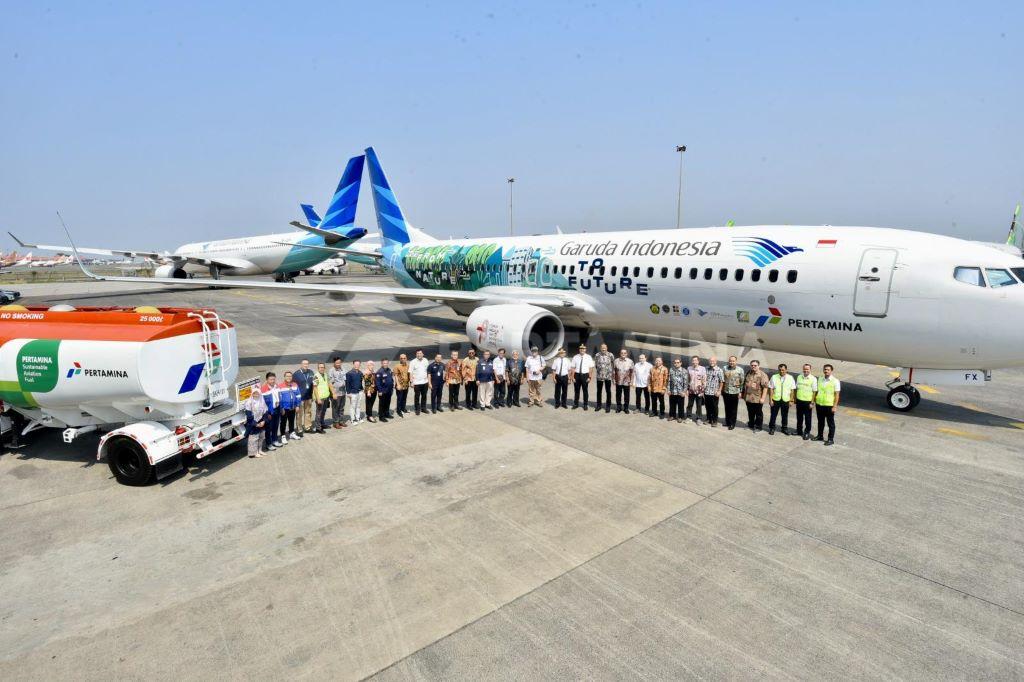
Garuda completes 737 SAF flight test
Garuda Indonesia completed a Boeing 737-800 flight test powered by a blend of jet fuel and refined palm oil. It is the first live flight of the so-called Bioavtur J2.4 fuel since static tests on the CFM56-7B engines commenced in July. The aircraft flew from Jakarta to Pelabuhan Ratu, about 130km (80 mi) south of the capital.
Bioavtur J2.4 contains 2.4% refined palm oil, developed locally by state-owned petrol company Pertamina.
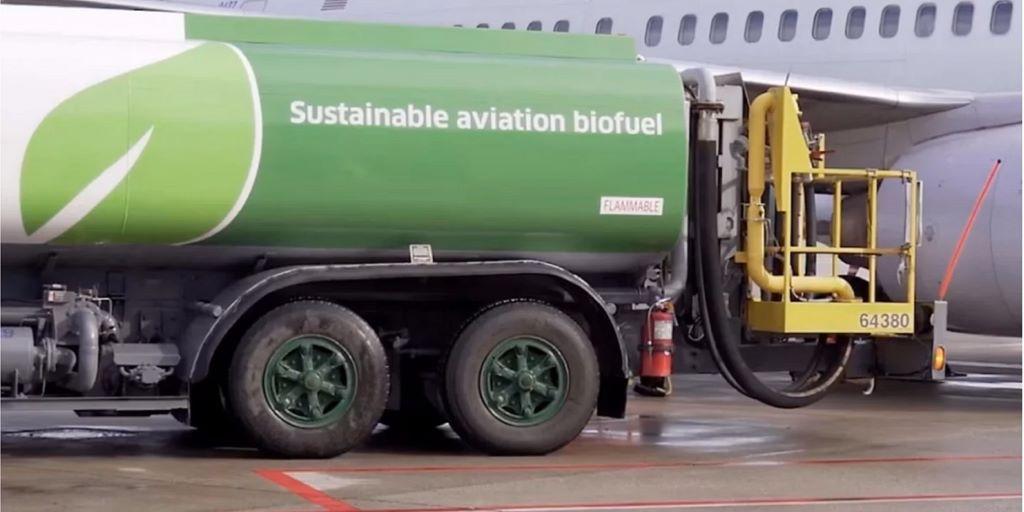
Honeywell process picked to produce SAF from forest residues
GranBio Technologies selected Honeywell’s ethanol-to-jet process to produce carbon-neutral SAF from agricultural and forestry residues. The process to be used is a demonstration plant GranBio plans to build with an $80 million cost-sharing grant from the US Department of Energy. Planned to produce about 2 million gal. per year of SAF when it becomes operational in 2026, the demo plant will use GranBio’s AVAP process, which converts biomass residues into low-cost, low-carbon sugars, lignin and nanocellulose. The cellulosic sugars will then be converted to SAF using Honeywell’s ethanol-to-jet (ETJ) technology.
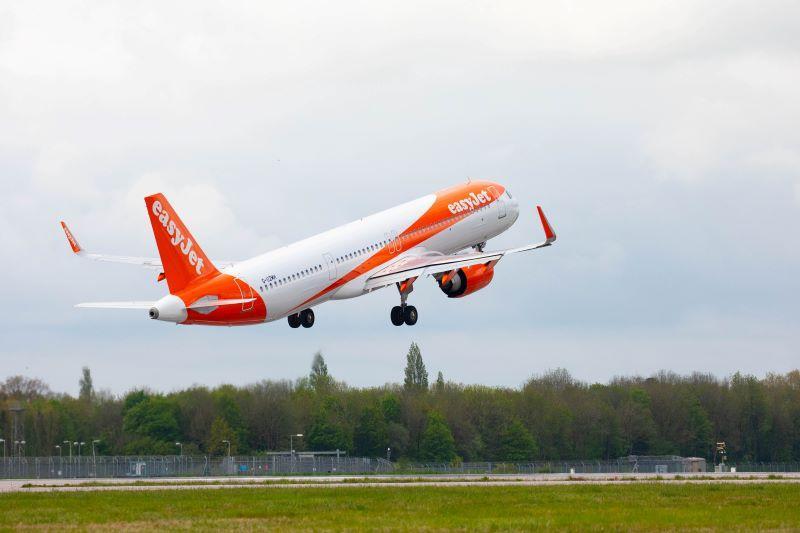
EasyJet buys into Airbus carbon-removal initiative
UK-based LCC easyJet became the first airline to sign a contract with Airbus for its carbon-removal initiative. Available through the Airbus Carbon Capture Offer, the technology uses Direct Air Carbon Capture and Storage (DACCS), to offer airlines worldwide carbon removal credits to advance their decarbonisation goals.
DACCS technology filters and removes CO2 emissions directly from the air using high powered extraction fans. Once removed from the air, the CO2 is safely and permanently stored in underground reservoirs. CO2 emissions released into the atmosphere during aircraft operations cannot be directly eliminated at source but with DACCS, an equivalent amount can be extracted from the air.
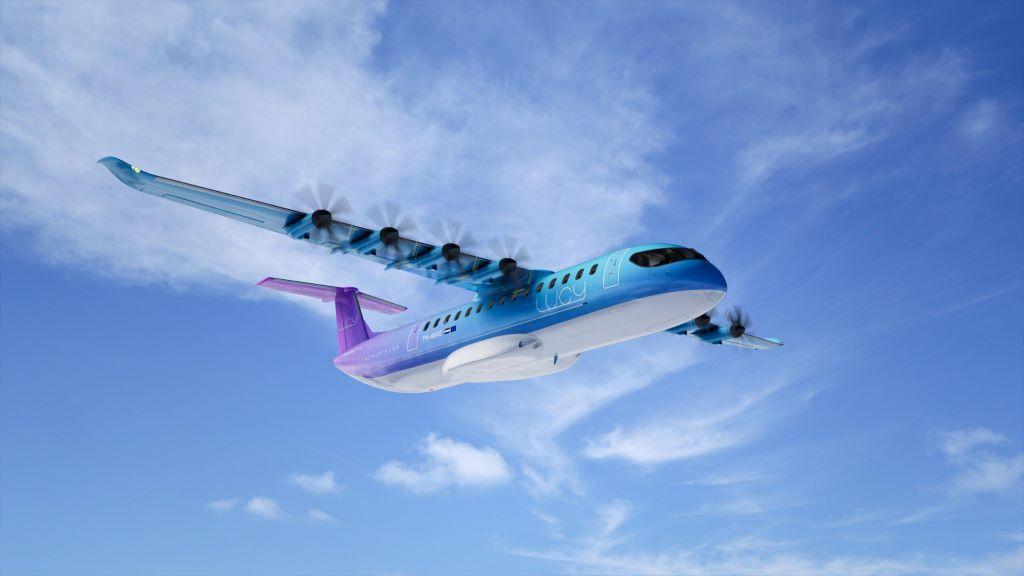
Netherlands-based Power Up initiative looks to electric regional aviation by 2026
A group of European aviation and mobility organizations joined forces to pave the way for the introduction of electric regional aviation by 2026. The two-year agreement expands the Power Up initiative launched in 2021 in the Netherlands.
The Power Up MOU has been signed by the operators of Eindhoven, Groningen, Lelystad, Maastricht Aachen, Rotterdam The Hague and Schiphol airports. Also signing were operators ASL Group, Evia Aero, KLM and Lucy and aircraft developers Maeve, Vaeridion and VoltAero.
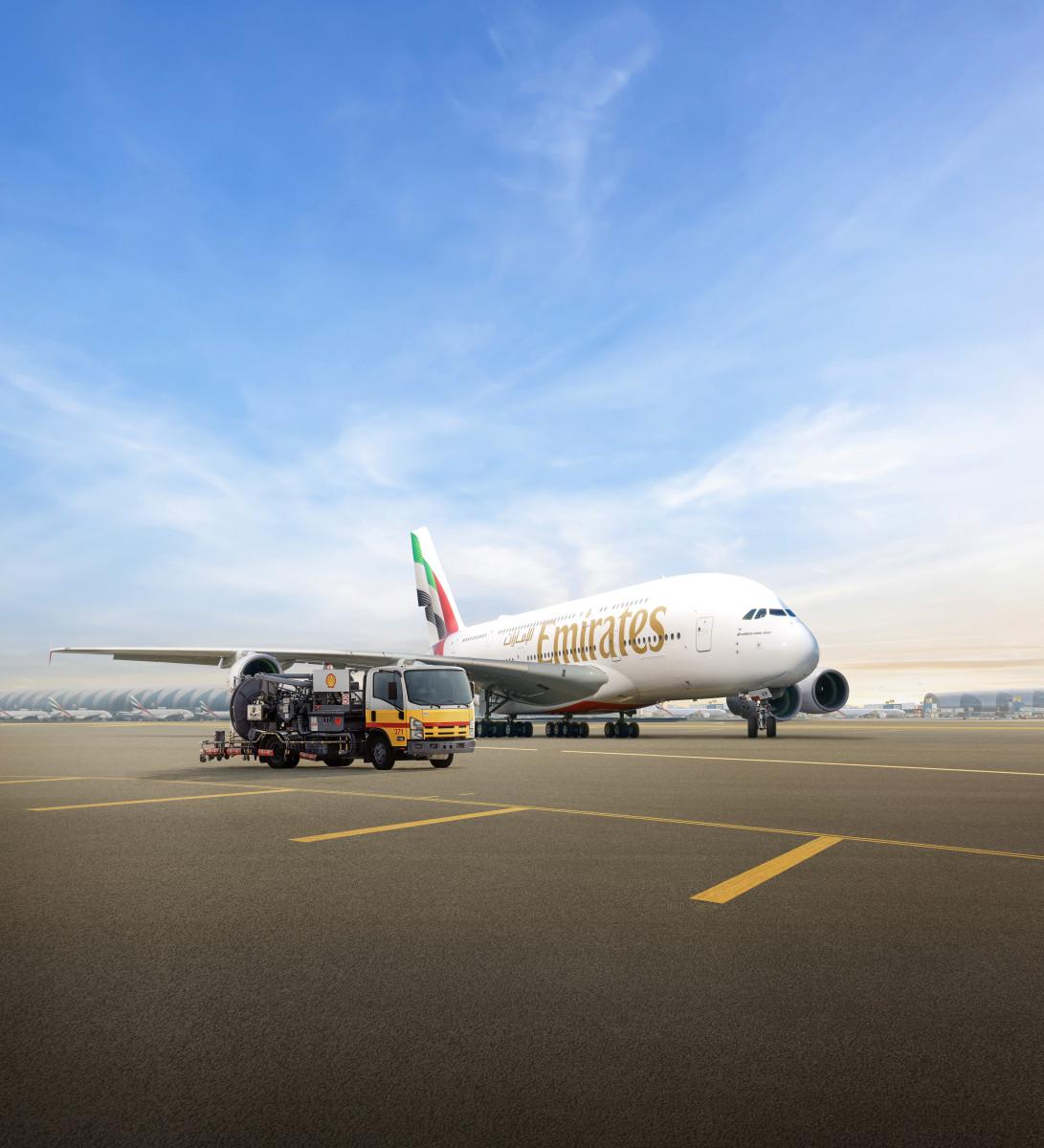
Emirates, Shell sign SAF deal
Dubai-based Emirates Airline has an agreement with Shell Aviation to supply over 300,000 gallons of blended SAF for use at the airline’s international hub in Dubai (DXB). The first SAF delivery under the agreement is expected to begin before year-end, making it the first time that SAF is supplied through the DXB airport fueling system.
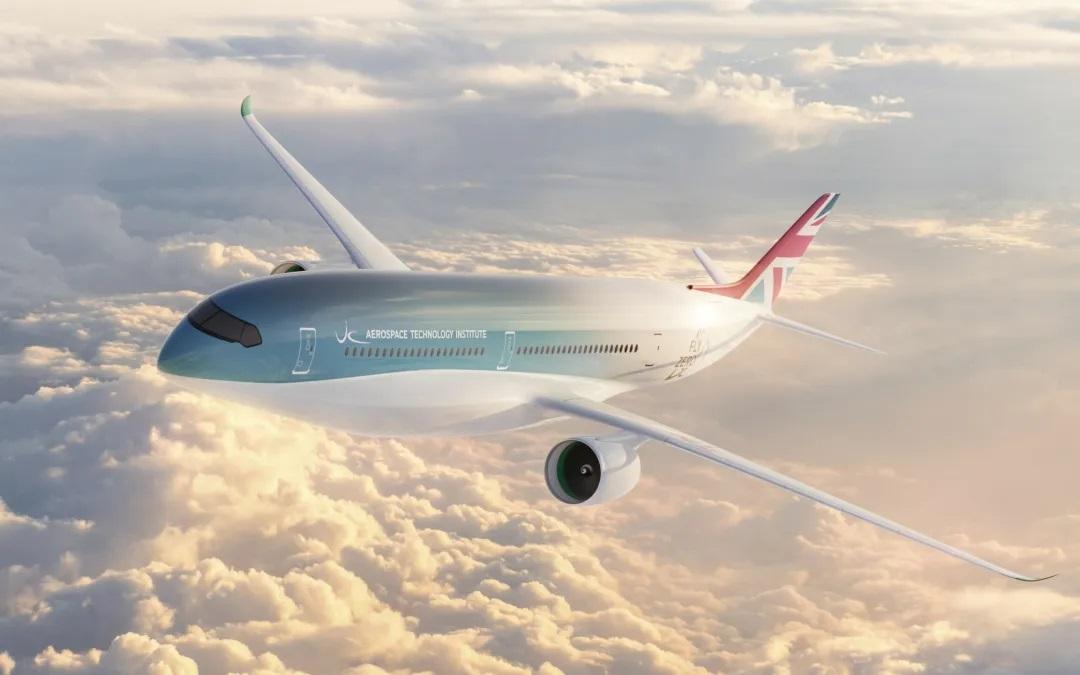
Moog-led UK team to develop hydrogen fuel control system
Moog Aircraft is leading a UK research program to develop a fuel control system for hydrogen-burning turbine aeroengines. Engine manufacturer GE Aerospace will provide technical support for the Fetch project, which is supported by a UK government grant via the Aerospace Technology Institute.
Flight and engine controls developer Moog’s facility in Tewksbury, England, is leading a team that includes the University of Bath’s propulsion systems research subsidiary IAAPS, Cranfield University, pressure sensing specialist Baker Hughes Druck and precision bearings supplier Carter Manufacturing. Testing of the hydrogen fuel system is planned for early 2026.
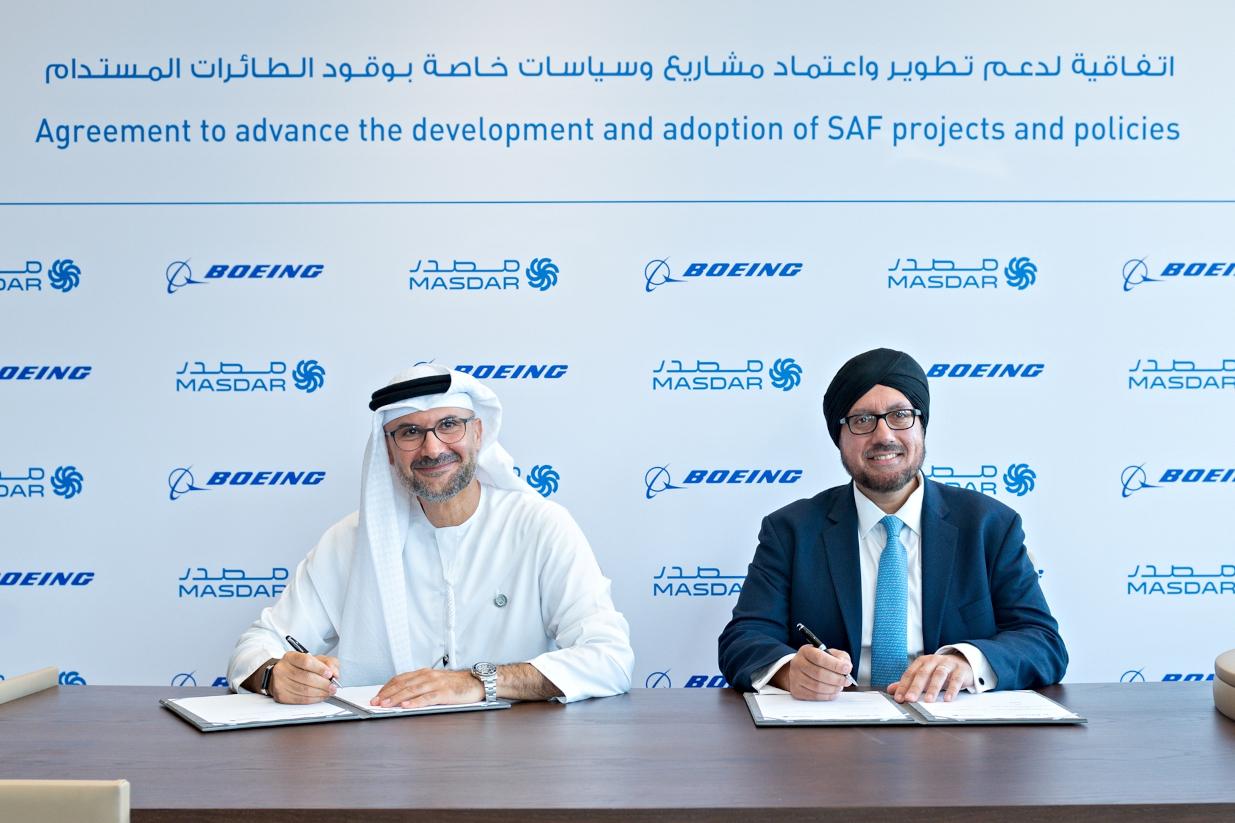
Boeing, Masdar partner on SAF deal
Abu Dhabi-based renewable energy company Masdar has signed with Boeing to accelerate the progress of the SAF industry in the United Arab Emirates (UAE) and internationally.
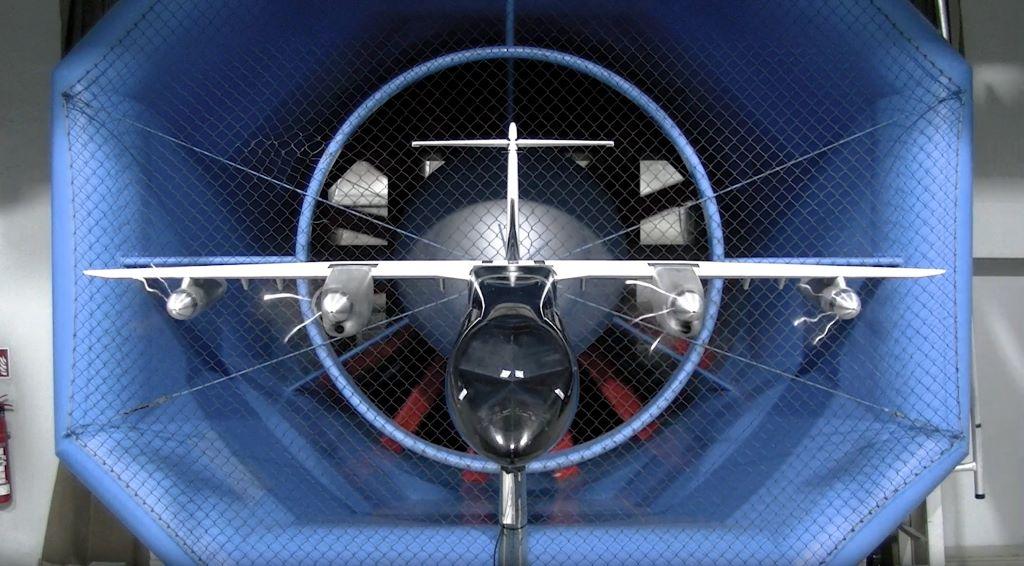
Deutsche Aircraft completes hydrogen-electric wind tunnel tests
Deutsche Aircraft has completed wind tunnel testing of the 328Alpha hydrogen-electric powertrain flight demonstrator, a planned modification of the D328 regional turboprop. The wind-tunnel tests involved a powered model of the 328Alpha, which has a pair of electrically driven propellers added outboard of the aircraft’s standard turboprop engines. Deutsche Aircraft is aiming to fly the propulsion testbed in 2025.
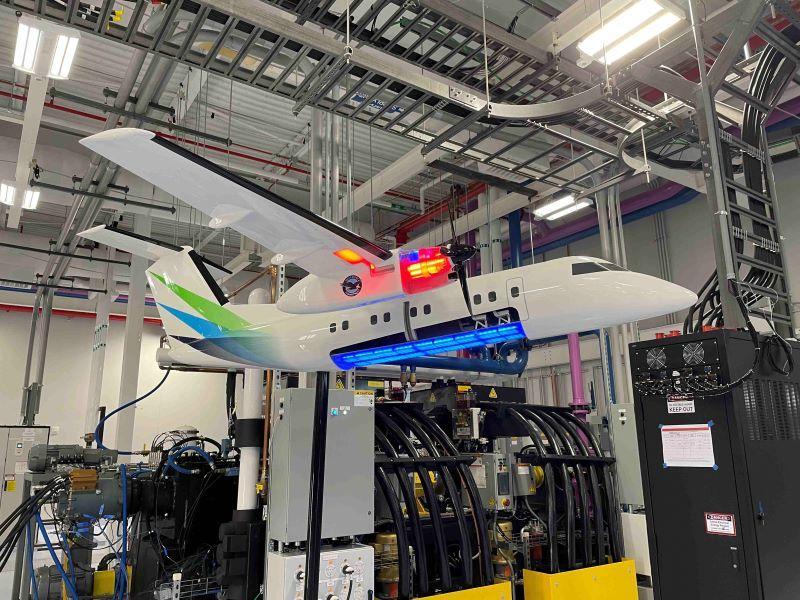
Collins opens $50 million Grid electric power systems lab
RTX company Collins Aerospace opened the Grid, a $50 million advanced electric power systems laboratory, which will be used to develop and test electric motors, controllers, generators, and distribution systems for hybrid-electric and more electric propulsion systems.
The first unit to be tested in the 25,000-sq. ft. lab is the company’s 1-megawatt electric motor and motor controller destined for Pratt & Whitney Canada’s regional hybrid-electric propulsion flight demonstrator—a modified De Havilland Canada Dash 8-100 regional turboprop.
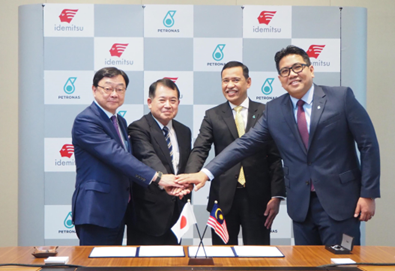
Malaysia, Japan oil companies to scale up SAF feedstock options
Malaysia’s largest oil refiner Petronas and Japanese petroleum company Idemitsu signed an MOU aimed to “enhance capabilities” in the SAF supply chain as well as availability of the fuel in the air transport industry.
Both companies will conduct feasibility studies to scale up feedstock options, production-cost analysis, and security to ensure sustainable SAF development. This includes exploring the possibility of using non-edible oil feedstock plants, such as the pongamia and jatropha. Pongamia is also one of the plants studied by Australia as an alternative feedstock for biofuels.
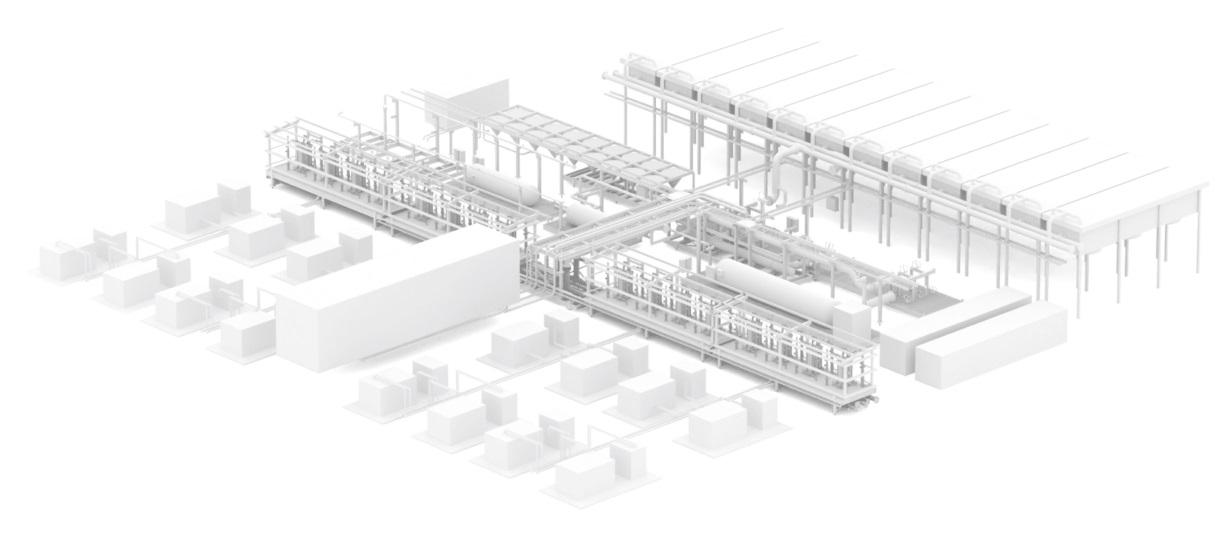
United invests in green hydrogen production
United Airlines has invested in Electric Hydrogen, a US startup manufacturing and deploying electrolyzer plants to produce green hydrogen, which could be used in the production of SAF. The Chicago-based airline participated in Electric Hydrogen’s (EH2) $380 million Series C funding round, which takes the total raised since the Natick, Massachusetts-based startup’s founding in 2020 to more than $600 million.

UK eyes small modular reactors to advance SAF development
The UK government selected six teams to advance to the next phase of a competition to develop the next generation of nuclear reactor. Small modular reactors are being eyed as a potential way to generate the electricity needed to produce power-to-liquid sustainable aviation fuels.
EDF Energy, GE Hitachi Nuclear Energy International, Holtec Britain, NuScale Power, Rolls-Royce SMR, and Westinghouse Electric UK have been chosen for the next stage of the Small Modular Reactor (SMR) competition, part of the UK government’s plan to revive nuclear power. The government and its nuclear energy and fuels company Great British Nuclear selected the six designs as the most able to deliver operational SMRs by the mid-2030s. The government’s ambition is for up to a quarter of all UK electricity, 24 gigawatts, to come from nuclear power by 2050.
As aviation steps up its efforts to achieve its commitment to net-zero CO2 emissions by 2050, the industry is exploring everything—from sustainable aviation fuels (SAF) to next generation aircraft and propulsion technologies—to help meet targets. Here are 12 of the latest initiatives for October.
